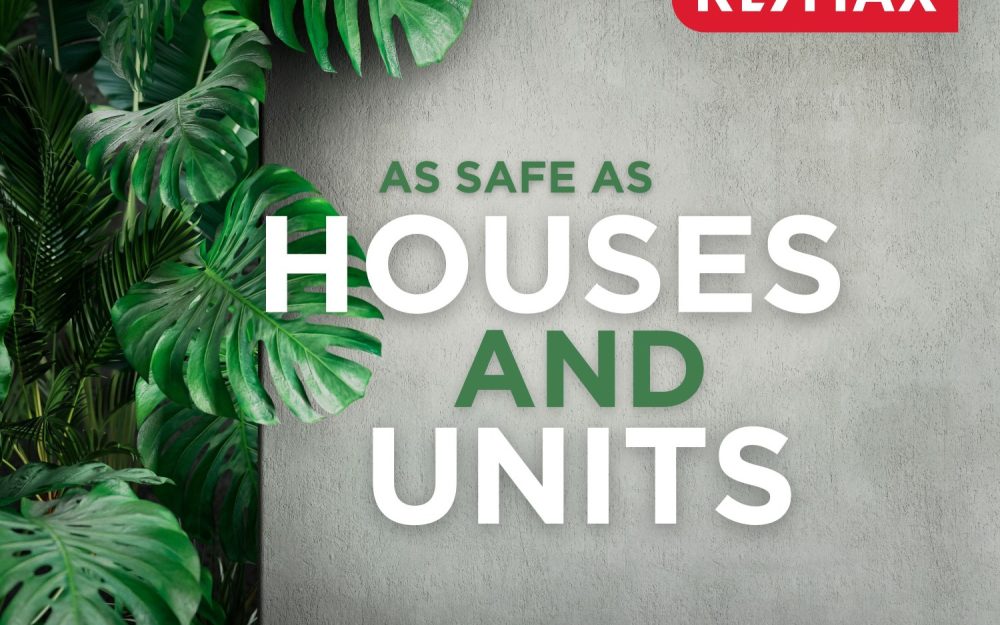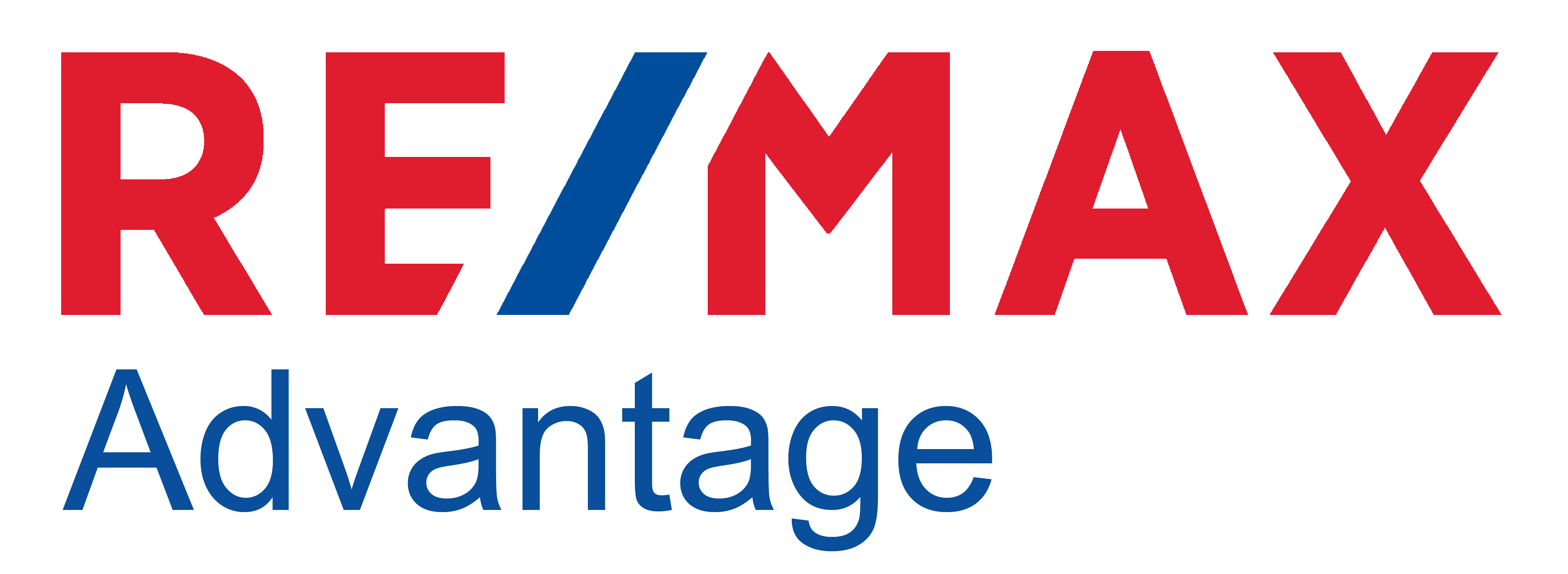
Real estate is forever evolving and growing. The speed and volume of that growth may differ considerably depending on a variety of factors, including land size, property type and age, and of course, location.
A traditional view is the detached dwellings are a more stable option for long term investment strategies, however recent data reveals the popularity of unit/apartments is increasing from an investment perspective.
A recent review of Corelogic data for the 2023/24 financial year, conducted by property investment group Propertyology, confirmed apartments produced double digit growth in nine out of twenty of Australia’s largest cities. This is promising data and insight for investors seeking to expand their property portfolio into the future.
In terms of where these increases are being felt, Perth is leading the charge with a 23% increase on apartment purchases, followed by Brisbane (19%), Adelaide, Toowoomba, and Mackay (18%), the Gold Coast (15%) and Townsville, Cairns and the Sunshine Coast (14%).
While this is encouraging information to prospect investment opportunities, it’s important to look at the full picture for your individual investment goals. While there’s not necessarily one ‘best’ option, your decision will largely be guided by a number of factors including your budget and your goals for the investment.
Capital growth: Generally speaking, detached properties offer a greater long term capital growth because of their land. Land value of apartments will in time also increase, however it is shared between multiple dwellings. Location also plays an important role, as a unit in a sought-after area is likely to increase at a much faster rate than a house in a remote or less sought after area. So it is important to consider both location and property type when considering future capital growth.
Property improvement: Detached properties have an advantage over units if you are considering expanding, renovating or even subdividing a land parcel in order to increase the property value. While the opportunity to renovate and add considerable value is still possible in a unit or apartment, the option to expand up or out is simply not there.
Maintenance: Regardless of the type of property you own, there will be ongoing maintenance costs that arise. Common areas and externals of apartments and units are often covered by the complex body corporate. Maintenance of houses is often higher as there is more upkeep of the property, such as externals, yard, driveway, as an example.
Finance and risk: If you consider different property types in the same area, generally speaking the initial cost of the property will be higher for houses. From here, consider the returns of the property over the course of ownership. There is of course the potential for multiple assets across a unit/apartment complex, not only spreading the investment opportunity, but reducing the risk across multiple dwellings.
For many, one of the seemingly most straightforward decisions is whether to invest in a detached dwelling, or an attached dwelling. Pitting houses against units, however, is not as straightforward as it seems. For example, if you consider a family-friendly suburb, a three-bedroom apartment may reach a considerably larger tenant pool than that of a one-bedroom apartment, and add to that scenario a three-bedroom house with a yard… there’s plenty to consider.
Finding the perfect addition to your investment portfolio is about ticking as many boxes for your specific circumstances, keeping in mind your goals as a property investor. So whether a house or a unit, it is important to do your due diligence and seek professional advice and guidance when it comes to lending.
For more detailed advice around property investment, contact the RE/MAX Advantage Rentals Team 07 3348 0000
